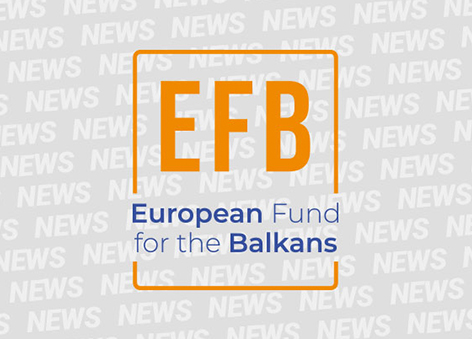
12.08.2010 All News

Following the recent International Court of Justice decision on Kosovo, the GBM team has assembled data on how Kosovo’s independence functions on the ground.
These results have been incorporated in the latest Focus On report – a series that examines the major issues impacting the Western Balkans. This latest issue – Focus On Kosovo’s Independence – looks at the way people in Kosovo view independence, differences between the views of ethnic groups, opinions about the international presence and, importantly, how the situation is seen in Serbia.
Among the key findings described in the report are those:
- Montenegro and the people of Kosovo – both of the major ethnic groups – saw the region becoming less stable as a result of the Kosovo-Serbia dispute.
- Both of the major ethnic groups in Kosovo saw it being less likely – compared to their views 12 months earlier – that they could live together in harmony.
- Neither of the ethnic groups in Kosovo were convinced of the benefit of the international presence in the country.
- 70% of Serbs were unwilling to accept Kosovo’s independence as a price for joining the EU; President Tadic is likely to take this as a mandate and retain his forthright position on the issue. Indeed, he is planning to go to the UN to seek a negotiated compromise on the future of the territory.
The full report can be found here.






